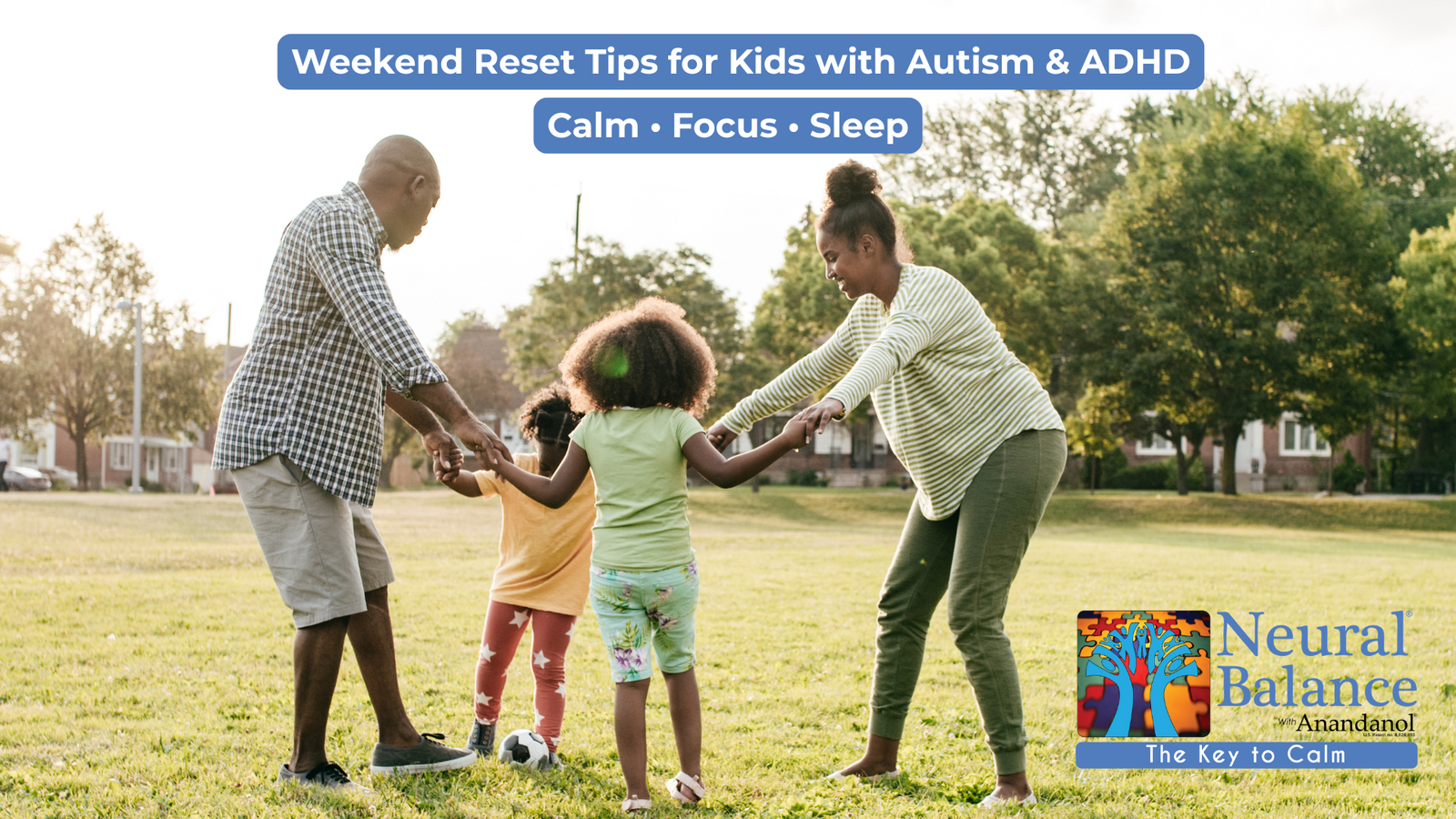
Sleep problems are far more common in children than most people realize. On average, nearly 10% of children in the United States have sleep problems. Over 50% of the children in the United States that have developmental/neurological disorders are sleep-deprived.
Children who don’t get quality sleep are generally more anxious and have a harder time doing well at school. As a parent, it is your responsibility to help your children overcome their sleep problems. While fixing these problems will take lots of time and effort, it is well worth it in the long run.
Read below to find out more about the issues that can interfere with your child’s sleep.
The Absence of a Bedtime Routine
The average child is a creature of habit. Teaching your child good habits as it relates to their sleep schedule should be a top priority. One of the biggest mistakes that parents make is failing to establish a bedtime routine. If your child doesn’t have a set routine to follow when their bedtime arrives, it will be hard for them to get quality rest at night.
Instead of allowing the lack of structure to get in the way of your child’s sleep, it is time to develop a bedtime routine. This routine should include a relaxing bath, dim lights and possibly music. You may also want to include Neural Balance with Anandanol drink powder in your nighttime routine. This powder is designed to support healthy sleep and contains no GMOs, artificial preservatives, or soy products.
The Presence of Electronic Devices
Electronic screen time has become a big problem for children in the United States. Studies show that most children in the United States get over seven hours of screen time daily. Not only can too much electronic stimulation be bad for your child’s productivity levels, it can also affect their ability to get quality sleep at night.
Many scientific studies have been performed that show a correlation between excess screen time and a child’s inability to fall asleep. If you feel like electronic devices are causing sleep problems for your child, then you need to take action. Ideally, you want to take your children off of electronic devices at least an hour before bedtime. Replacing this screen time with relaxing activities like a bath or reading a book can be helpful.
Inconsistent Bedtimes Can Be Problematic
Most children thrive in structured environments. If you have been hands-off with your child’s bedtime in recent months, it might be time to tighten the reins. Children who have inconsistent bedtimes are usually at a higher risk of developing sleep problems. Instead of allowing this inconsistency to get in the way of quality sleep, you need to establish a bedtime for your child.
While you might get some pushback initially, your child will eventually get used to these rules. With a consistent bedtime, you can give your child the tools they need to get to sleep at night.
If your child is currently dealing with sleep problems, then you should implement the tips in this article.






